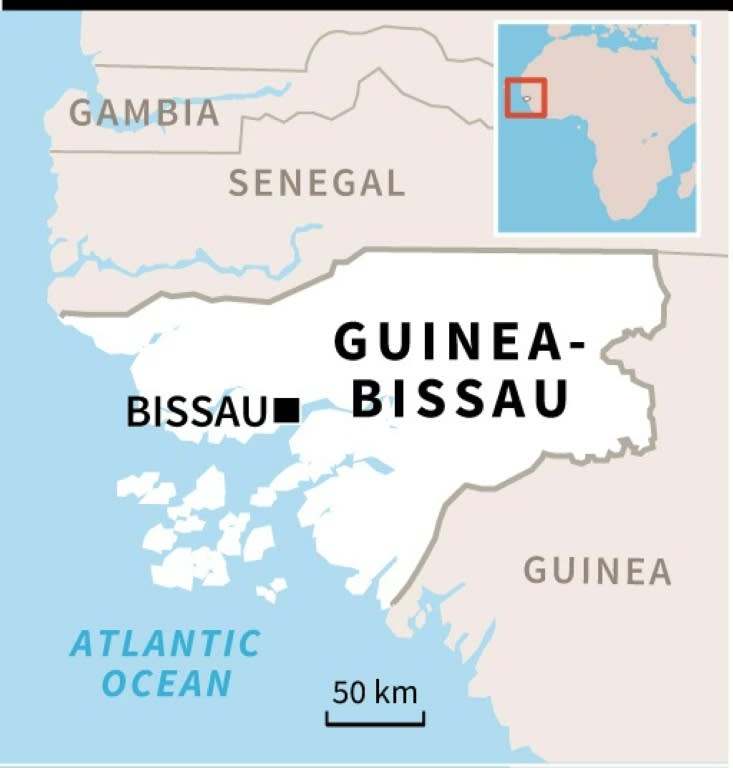Guinea-Bissau forms new government after stalemate
Guinea-Bissau has formed a new government, according to a presidential decree issued early Tuesday, ending a two-month political stalemate in the coup-plagued west African nation. The country has been in turmoil since President Jose Mario Vaz fired prime minister Domingos Simoes Pereira on August 12 over a series of disputes, placing the head of state at loggerheads with his ruling African Party for the Independence of Guinea and Cape Verde (PAIGC). The chronic volatility has fanned poverty in the country of 1.6 million, with few resources other than cashew nuts and fish, attracting South American drug cartels who have turned it into a cocaine-trafficking hub. The new government team includes 15 ministers and 14 secretaries of state, mostly from the previous government and the PAIGC. The cabinet is headed by 81-year-old acting premier Carlos Correia, who became the third prime minister in just over a month when appointed in September. An East German-trained agricultural engineer, Correia has earned a reputation as a rigorous money man, garnering praise from international groups including the IMF and the World Bank for his stewardship in times of crisis. This is his third stint as head of the government after two terms in the 1990s and a four-month period in 2008. Two key ministerial portfolios -- home affairs and natural resources -- were not assigned due to disagreements over who should be appointed, the official statement said. "The choice of cabinet members is the responsibility of both the president and the prime minister. Selecting from the names put forward requires a level of agreement that has not yet been met in full," said the presidential statement released on state media. No details were given on when or how the blank portfolios would be allocated. - Chronic instability - Opposition groups the Party for Democratic Convergence (PCD) and the Union for Change (UM) are also represented in the new government, although the second-biggest party -- the Party of Social Renovation -- chose not to participate. Two female ministers were given key portfolios -- Adiato Djalo Nandigna, previously an advisor to Vaz, will become minister of defence and Aida Injai Fernandes will become minister of justice. Artur Silva, who has served in several governments, will be the new foreign affairs minister and Gerardo Martins has been made finance minister. This is Guinea-Bissau's second government in as many months after an administration led by Baciro Dja was announced in September, only to fall apart days later following his resignation. Instability is nothing new for the country, which gained independence from Portugal in 1974 after a war with its colonial power lasting more than 10 years. The west African nation has suffered intermittent unrest since its liberation, as well as a series of military coups attributed largely to the unprecedented bloating of the army after the war. Experts fear the current chaos will halt reform of Guinea-Bissau's military, responsible for a number of coups since the late 1990s, and potentially lead to a revival in drugs trafficking. Former Nigerian president Olusegun Obasanjo has led efforts by the 15-nation ECOWAS regional bloc to resolve the crisis, and last month began talks with the rival factions in parliament. ECOWAS warned in September that the chronic instability in Guinea-Bissau had "seriously threatened" economic progress made after presidential elections in July last year.

 Yahoo Finance
Yahoo Finance 


